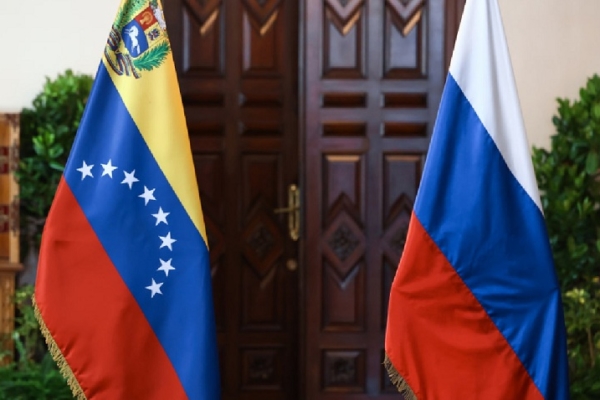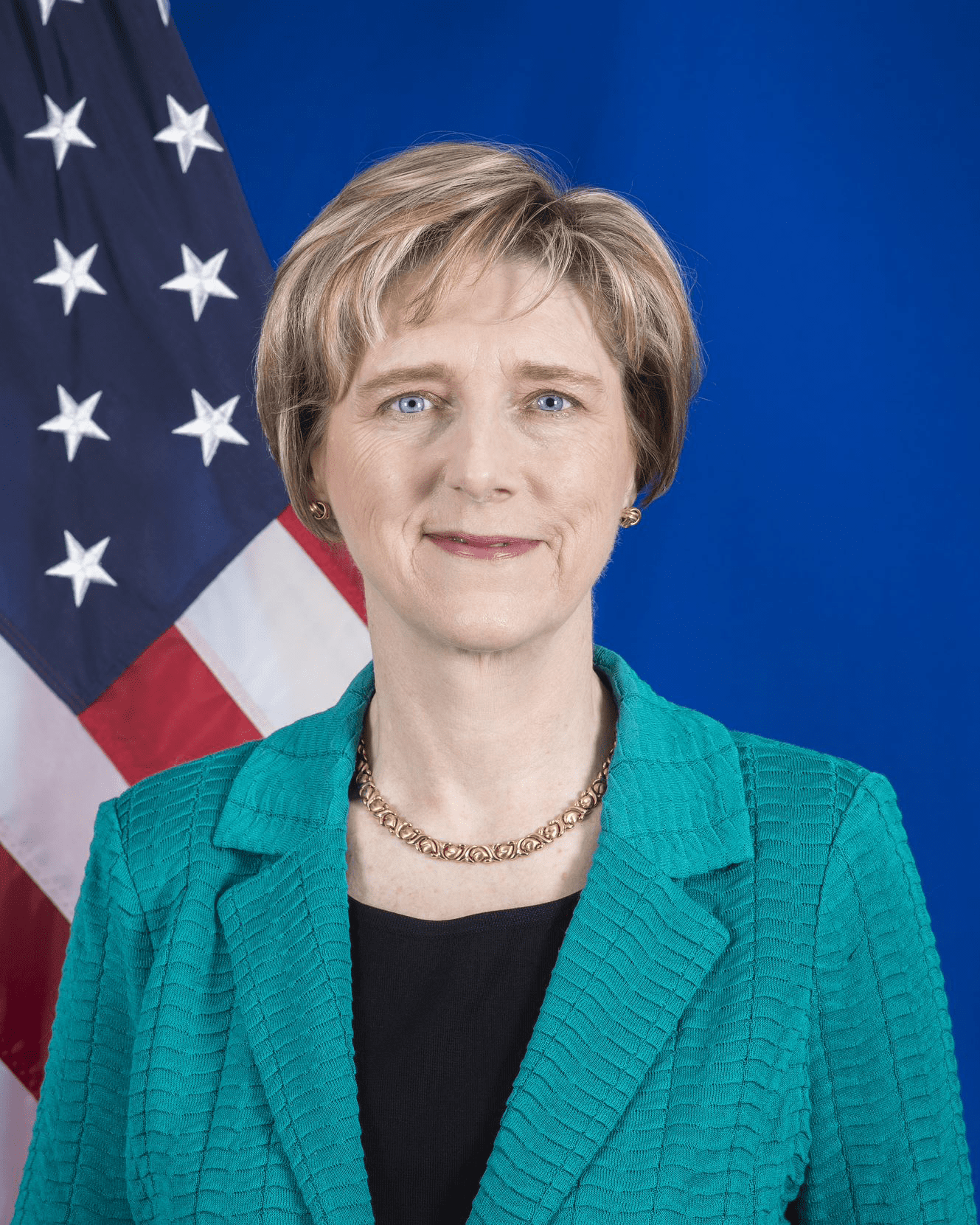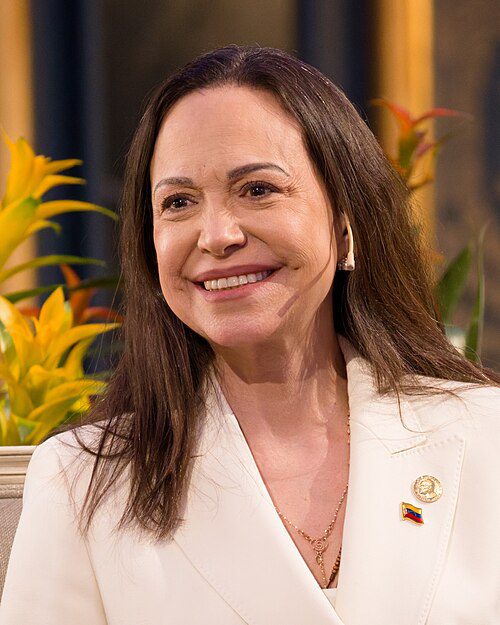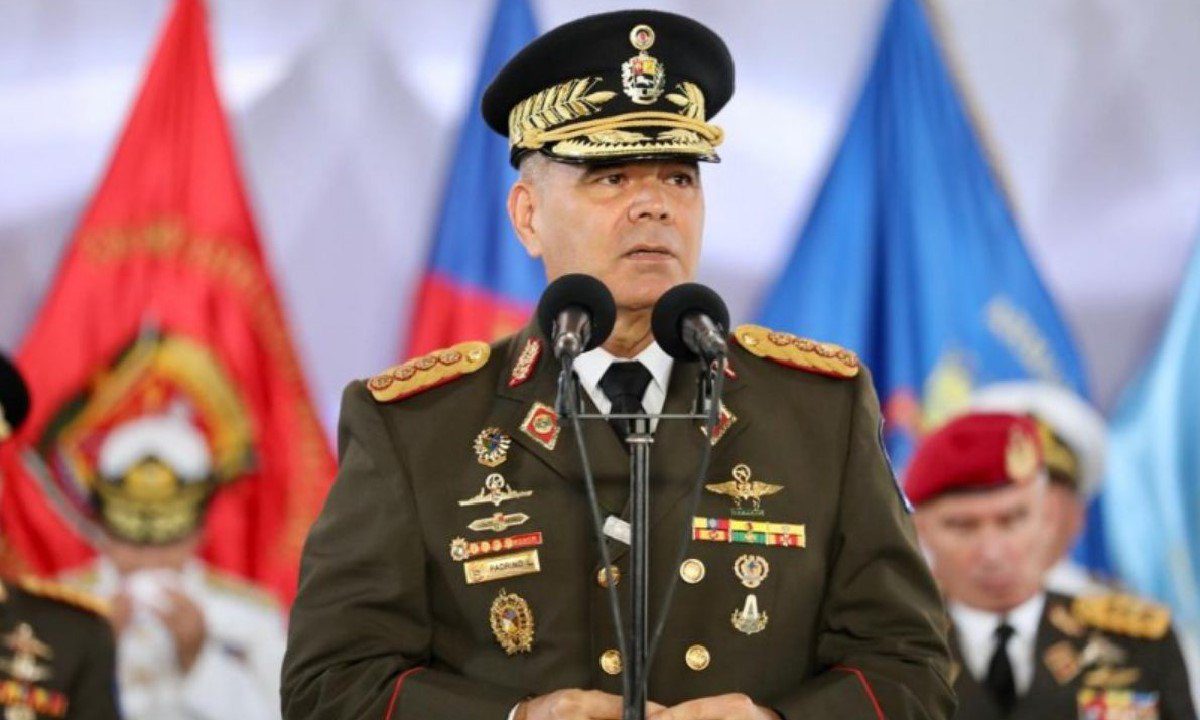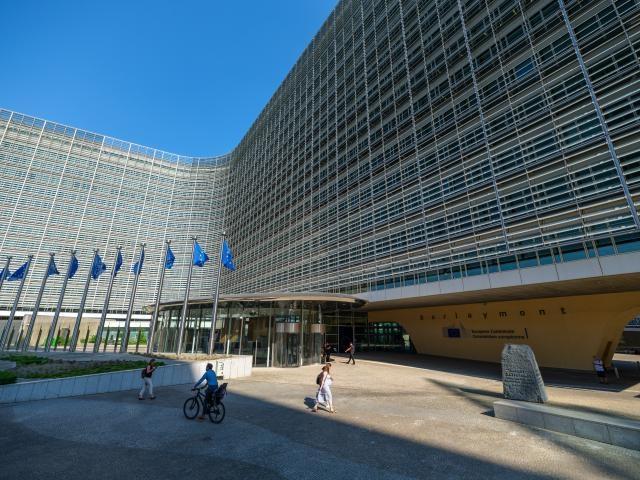Cooperation between Russia and Venezuela has expanded from energy and defense to space and judicial collaboration. Photo: Social media.
Guacamaya, August 22, 2025. Moscow and Caracas have taken a new step in strengthening their strategic relations by preparing to sign an agreement on the exchange of convicted persons—a measure that transcends judicial matters and is part of the growing political and diplomatic cooperation between both governments.
The order from the Russian executive, published on the official legal information portal, authorizes the Ministry of Justice to sign the agreement with Venezuela and permits minor adjustments to the draft. According to the Russian media outlet Ura.ru, the treaty would open the door for the transfer of prisoners to serve their sentences in their countries of origin.
Judicial cooperation between Caracas and Moscow has already seen a controversial episode. This involves the former Colombian soldiers Alexander Ante, 46, and José Aron Medina Aranda, 36, who were captured in Venezuela and subsequently sent to Moscow. There, a district court in Lefortovo ordered their provisional detention.
Both face charges of being “mercenaries” for their alleged participation in combat against Russian forces in Ukraine, a crime that could carry a sentence of up to 15 years in prison.
According to a report by El Tiempo, a source close to the family in Venezuela confirmed that the Venezuelan authorities proceeded to detain the former soldiers due to their alleged links to the Ukrainian conflict. The case has raised concerns, especially in the context of the close political and military alliance between Russia and Venezuela.
Beyond its technical dimension, the initiative reflects the alignment between Vladimir Putin and Nicolás Maduro, who in recent months have intensified their contacts in key areas such as judicial cooperation. Thus, the agreement reinforces the narrative of both governments consolidating a common front against international pressure and sanctions imposed by the West.

